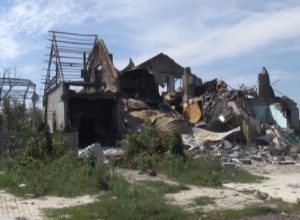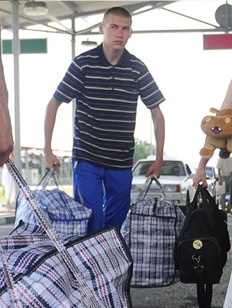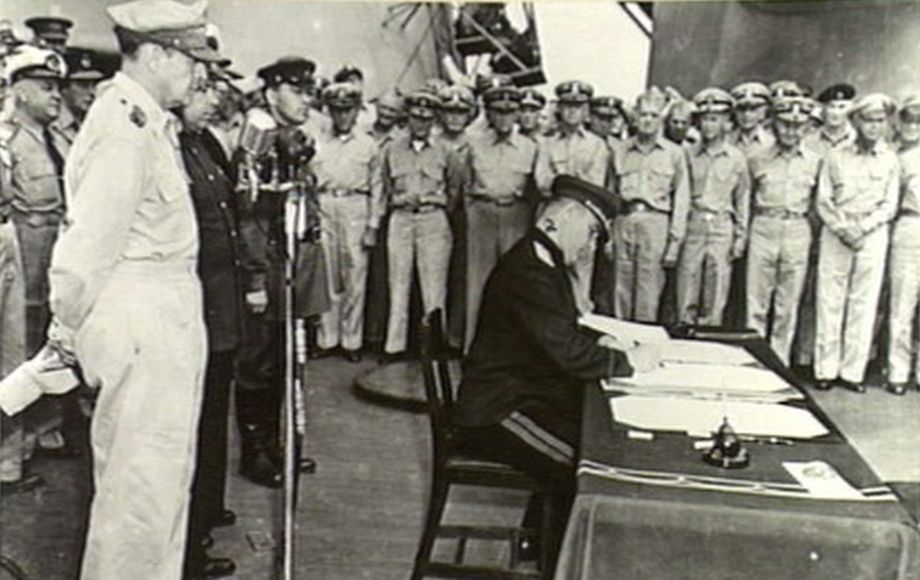
According to Potyaeva, the Ukrainian refugees in Moscow – and presumably this applies to Ukrainian refugees elsewhere in the Russian Federation as well – consist of several groups: those who fled areas where military actions were taking place, those from eastern Ukraine where there was no violence, and those from elsewhere in Ukraine who left “in search of a better life.” Some of the Ukrainians now in Russia do not qualify for refugee status. Indeed, there were at least a few of them who were already in Russia but simply decided to take advantage of the situation either by registering as refugees or entering into marriage with Russians in order to get the social welfare benefits that could provide. According to Potyaeva, the earlier “flood” of Ukrainian refugees into Moscow has “stopped,” and Russian officials now are in a position to examine each case in particular and grant temporary asylum “only to those who qualify,” most often by having relatives in the Russian capital.Between March and July 2014, more than 20,000 Ukrainians appealed to Moscow officials for refugee status, she says, but by January 1, 2015, only 5500 of them had received either the status of refugee or temporary asylum in Russia.





